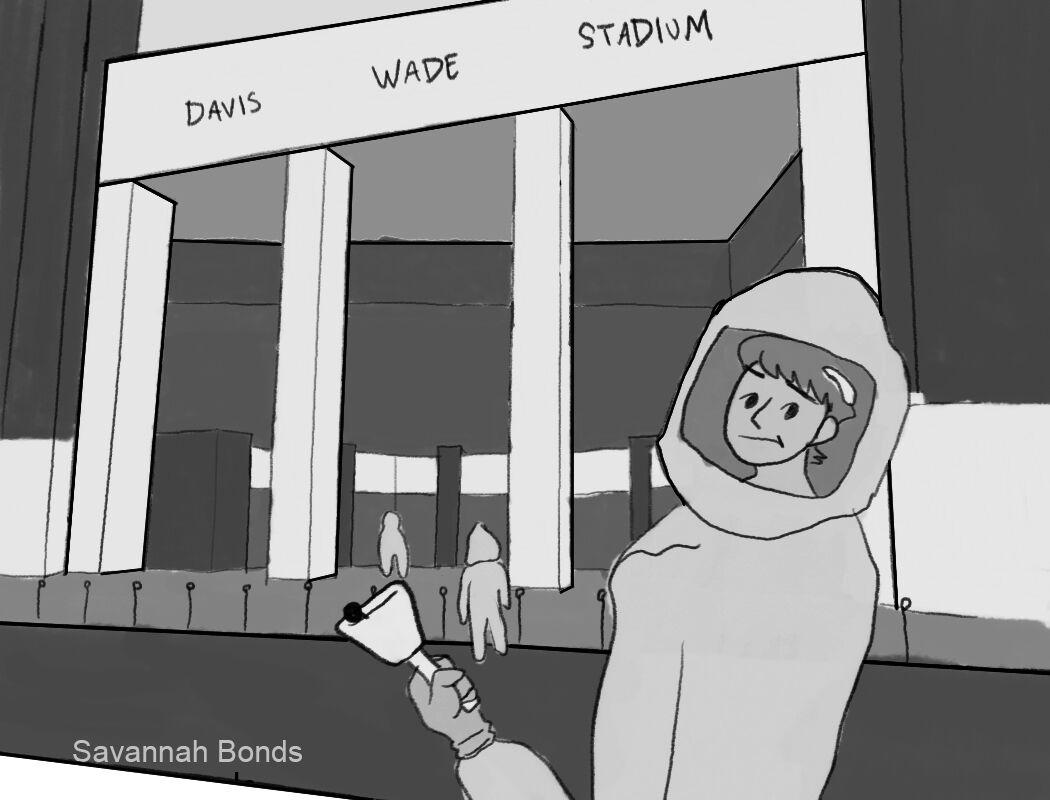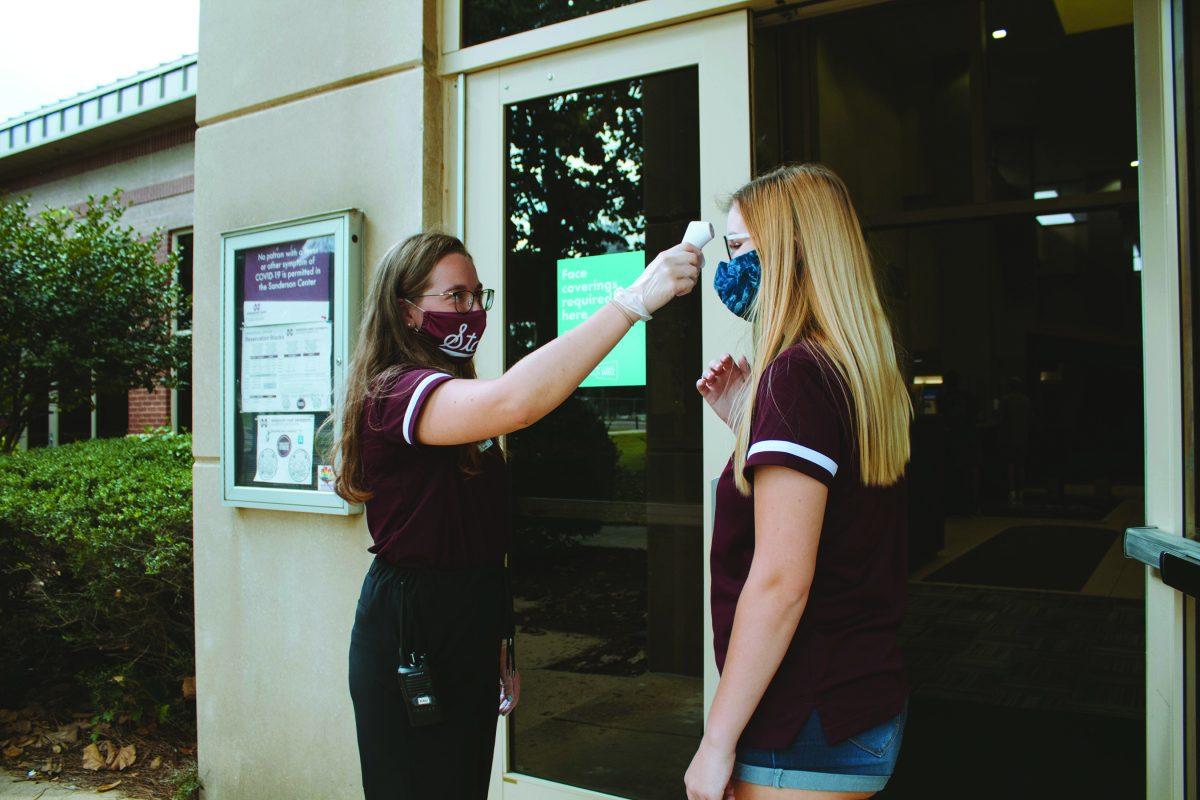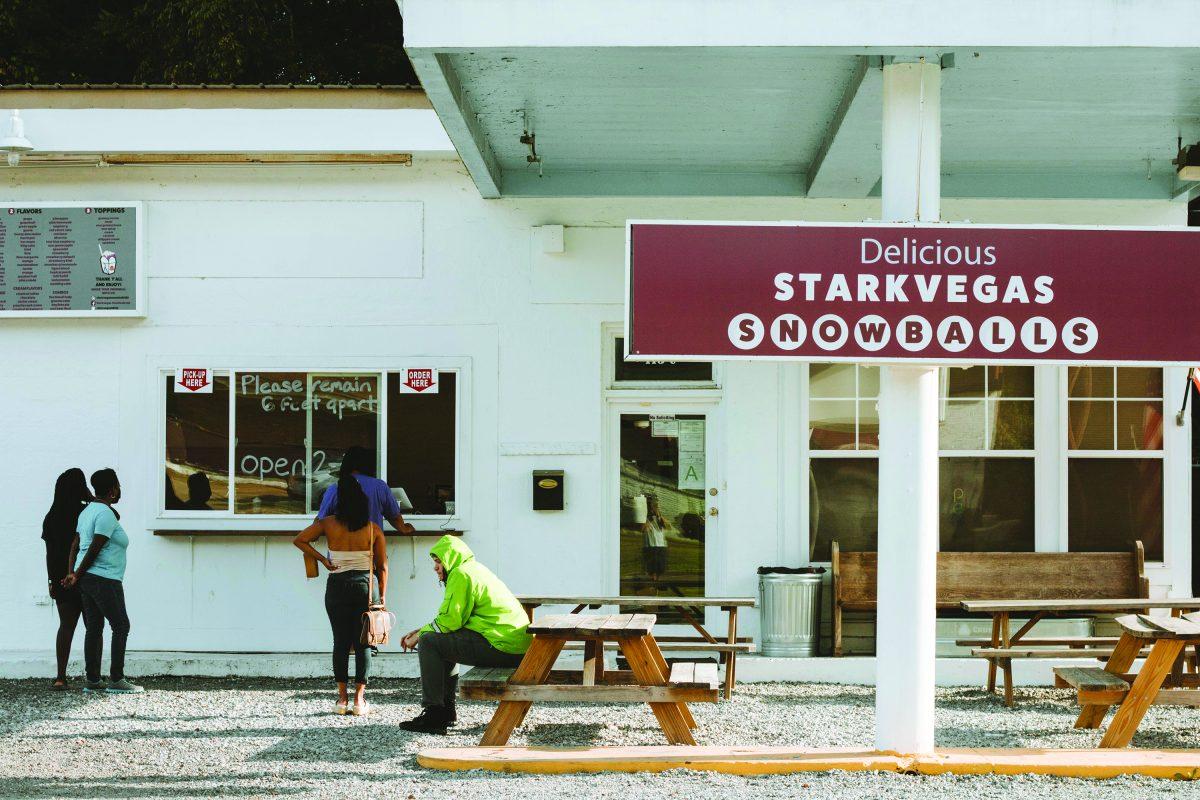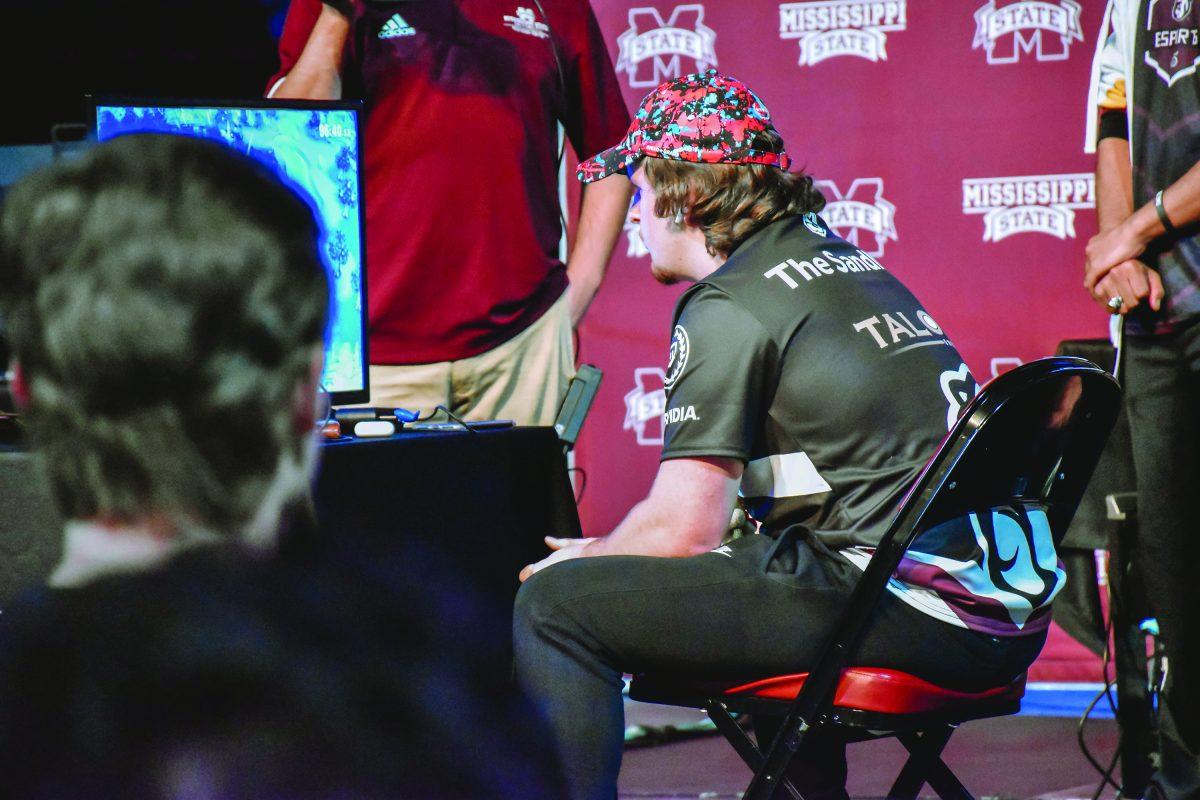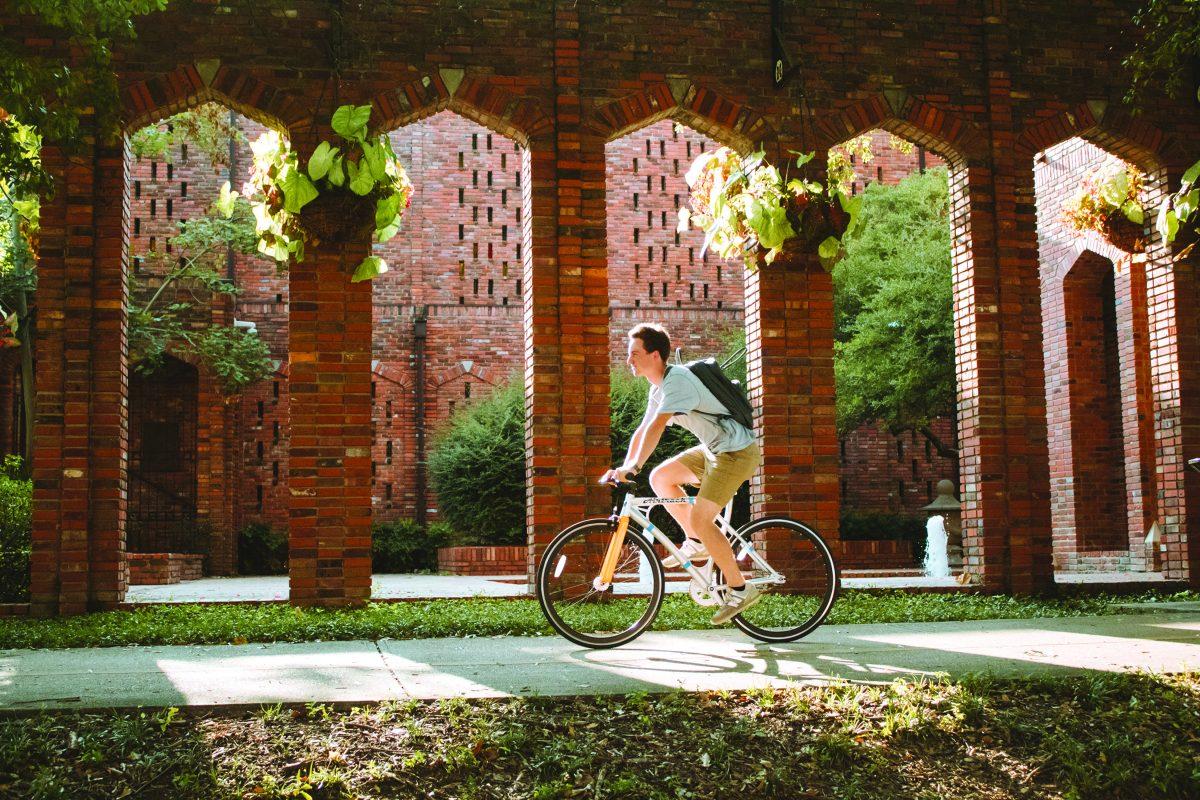With the spread of COVID-19 still rampant, Mississippi State University made the decision to resume normal campus procedures all within the boundaries of certain health and safety guidelines. Where the campus was essentially a ghost town from March to July of this strange and confusing year, campus landmarks like the Colvard Student Union and Drill Field now thrive once more as students have returned for classes in August. The decision to reopen the university is controversial in itself, but the idea of holding a football season during a pandemic is ill-advised. Having a football season in the middle of a pandemic before a vaccine is produced is not worth the rush.
Though MSU has sent out game-day health procedures similar to the on-campus guidelines to protect its attendees, the university’s financial motives play a role in the decision to schedule a football season.
According to Nick Suss with the Clarion Ledger, Mississippi State University ranked nationally in the top profitable athletics departments with its revenue from Division 1 sports in 2019 pulling in $112,273,809. Football is the main source of revenue for local economies, especially college towns where game days generate revenue through a variety of ways: attendance, concessions and visitation to restaurants and shops.
With MSU’s game day capacity being reduced to 25%, the revenue from football will significantly drop compared to pre-COVID sports seasons. MSU’s Game Day Guidelines indicate a stricter set of personnel and precautions going into this football season. Taking into account the money appropriated on larger game day staff for a smaller attendance, the safety equipment to prevent COVID, advertising, potential football injuries and unnecessary exposure, a football season this year is not worth the financial trouble or health risks.
Safety precautions including face mask mandates, temperature kiosk implementation across a variety of buildings on campus, the Cowbell Well screening app, staggered class times and more reflect the university’s efforts to ensure a safe and healthy environment for its students, yet the virus spreads on. The numbers posted on the COVID-19 campus resources page indicate the increase as well.
As of the Friday before the Labor Day holiday, MSU’s COVID-19 resources page reports 1,087 students who are in isolation either because they are COVID positive or came in contact with someone who was positive for the disease. This number only includes those students whose health status has been properly monitored and recorded by the Longest Student Health Center. Considering those students who are unknowingly asymptomatic and those students who fail to report the true nature of their health, this number of cases could potentially be even higher, especially when students travel home and then return to campus after the holiday weekend.
According to a previous Reflector article on college COVID cases, six Greek houses at MSU have already sent their residents elsewhere to quarantine just two weeks into the fall semester, and yet with all these numbers rising higher and higher, the university still plans to resume a football season with scarce financial benefits and risky exposure. Then considering all the out-of-town spectators intermingling with campus students, the situation grows even more complex.
MSU needs to prioritize its students’ health, and hosting a college football game, despite its reduced attendance allowance, is not worth endangering more people, even if the university feels it is the only way to keep one facet of MSU’s financial resources afloat.
Though finance factors into the university’s decision to have football this year, tradition also plays a role in the resolution. After all, what is college without football? However, nothing quite captures the Bulldog game day experience as a fully packed arena with cowbells ringing from all sides of Davis Wade Stadium.
There is no need to rush into a football season which could potentially prolong the fullness of the Mississippi State University football experience. With an altered football season this fall, the experience will certainly be lacking with all the safety precautions in place. Instead of scheduling football in the midst of the pandemic to keep a relative sense of normalcy, the season should be put off until there is some form of health security like a vaccine, and we can return to complete normalcy.
I understand the strangeness and stressful unpredictability of the pandemic prompts a need to return to normalcy for a variety of reasons, but the safety and health of the public should be a higher priority than the small revenue stream and altered football experience this 2020 football season prompts. Neither the sentiment of fall football nor the small revenue outweigh keeping Bulldog students and fans safe and healthy.


